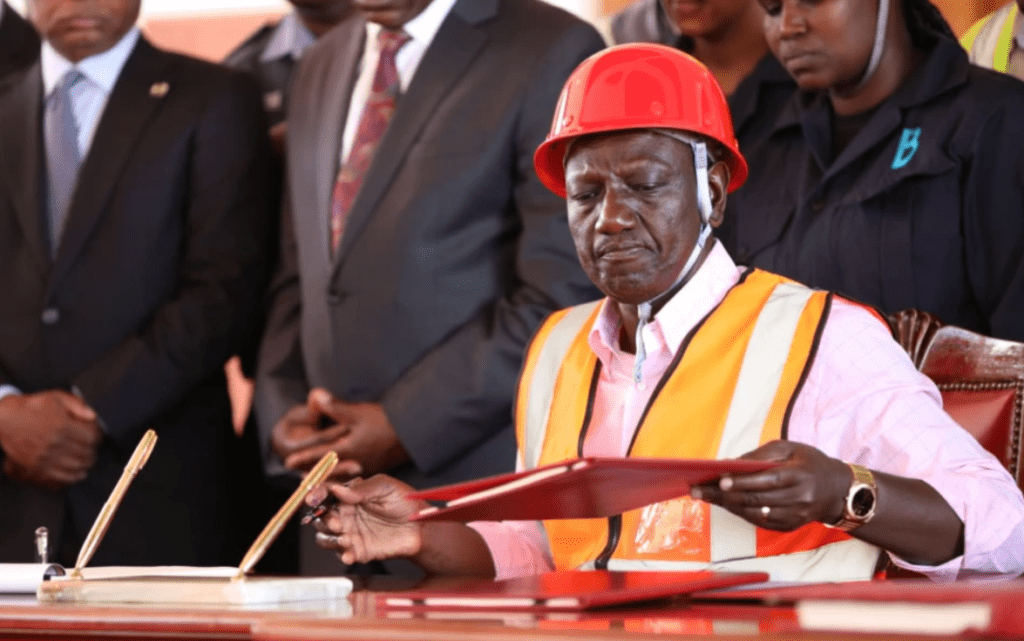The High Court’s decision not to halt the implementation of the Affordable Housing Act, recently signed into law by President William Ruto, marks a significant victory for the government’s housing agenda.
Justice Chacha Mwita, instead of granting a stop order, instructed all involved parties to expedite the legal process.
In the court’s directive, Justice Mwita emphasized the urgency of addressing the fundamental questions raised by the petitioners.
He mandated that responses to the application and petition be filed within seven days of being served.
The court scheduled submissions from all parties for May 16th, underscoring the need for a swift resolution.
This ruling clears the path for President Ruto’s administration to proceed with its flagship Affordable Housing program, despite challenges from various quarters.
Five petitioners, including Nakuru-based doctor Benjamin Magare and residents Pauline Kinyanjui, Philemon Nyakundi, Shallum Nyakundi, and Jamlick Orina, sought to halt the implementation of the law through conservatory orders.
The petitioners argue that the Affordable Housing Act of 2024 introduces elements of “communist ideologies” contrary to Kenya’s constitutional framework.
They contend that the government oversteps its bounds by assuming control of housing functions traditionally managed by county governments.
Additionally, they express concern over the creation of a new entity, the ‘collector,’ tasked with fund collection, rather than relying on established institutions like the Kenya Revenue Authority.
Respondents in the case include Lands Cabinet Secretary Alice Wahome, Treasury counterpart Njuguna Ndung’u, Attorney-General Justin Muturi, the National Assembly, and the Senate.
The legal battle over the Affordable Housing Act underscores broader debates surrounding housing policy and governance in Kenya.
German National Detained At JKIA Over Claims Of Narcotics Trafficking

